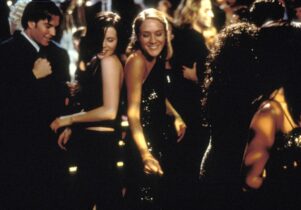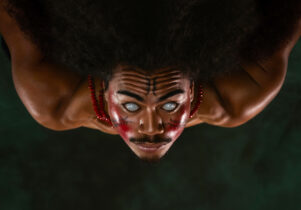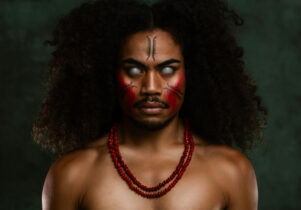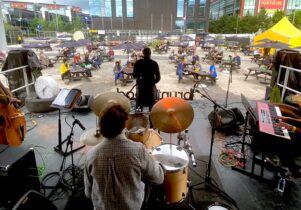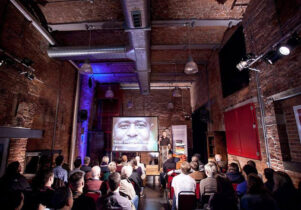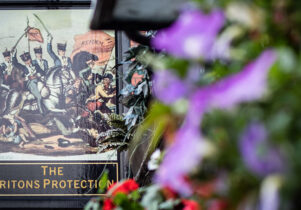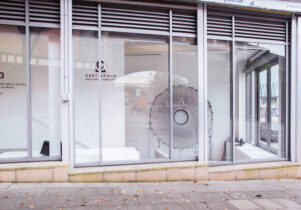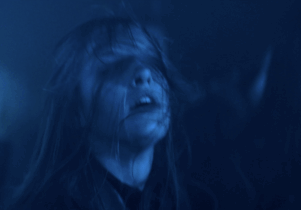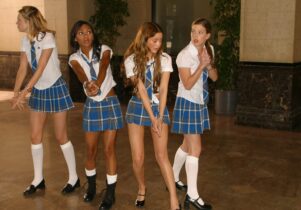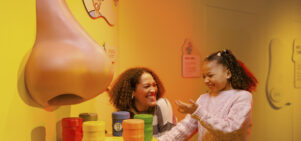Apostasy at HOME
Tom Grieve, Cinema EditorBook now
Apostasy
Always double check opening hours with the venue before making a special visit.
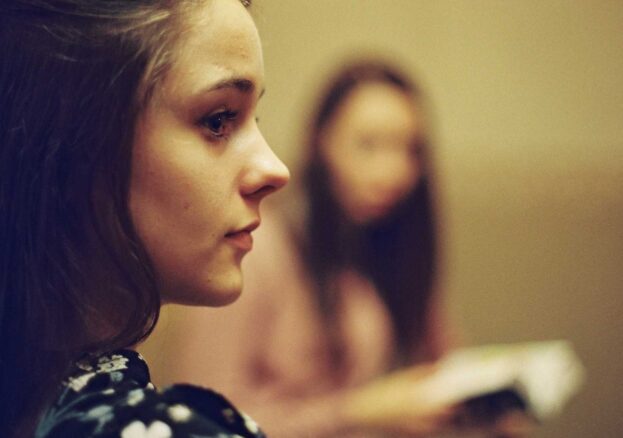
From Tameside, though he now lives in London, director Daniel Kokotajlo’s Apostasy is about as personal a debut film as you’re likely to encounter. Raised as a Jehovah’s Witnesses from the age of eight and a member until he left in his early twenties, Kokotajlo has used his insider experiences to craft a thoughtful and provocative, yet even-handed account of three women living within the Christian group. Ahead of Apostasy’s release, we sat down with Kokotajlo at HOME to discuss his upbringing as a Witness, how he settled on approaching the subject of the Jehovah’s Witnesses from a female perspective and what he hopes to achieve with the film.
Set in Oldham, the film stars Siobhan Finneran as Ivanna, a single mother raising two teenage daughters as Jehovah’s Witnesses. Luisa (Sacha Parkinson) is confident, outgoing and secretly experimenting with the opposite sex, while her younger sister Alex (Molly Wright) is more devout, but also anemic — a terrifying and testing condition when the rules of the church preclude blood-transfusions, even in life-or-death situations. When Luisa reveals that she is pregnant — and by an unbeliever to boot — she is disfellowshipped by the church elders, and her mother and sister are forced to cut contact.
On paper, it can be hard for outsiders to comprehend the set of beliefs that regularly lead Witnesses to disavow family members or forego essential medical care. Of life within the church, the film’s director explains, “I remember sitting in the Kingdom Hall one day and feeling that if this book is green and God says it’s red, then who am I to question him?” At one point in the film, Ivanna dismisses Catholicism as “airy fairy”, whilst Kokotajlo describes literally shaking with fear when reading literature critical of the Witnesses even after he had left the group.
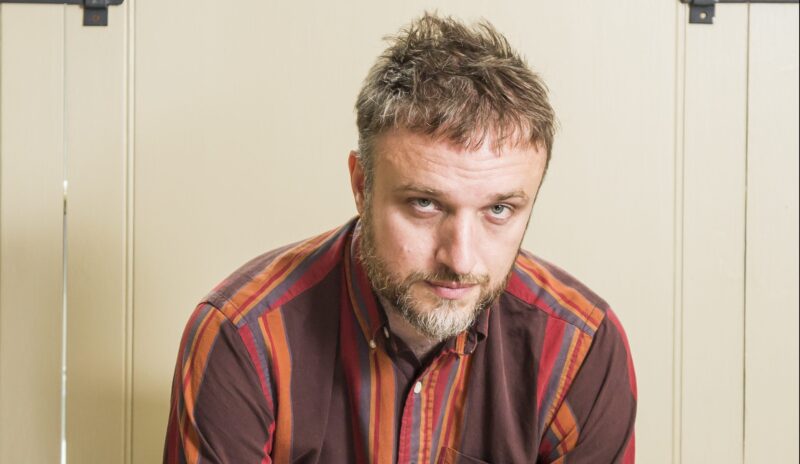
Apostasy hasn’t yet been released in the UK when we talk, but glancing at Kokotajlo’s Twitter feed, we noticed testimonials from Witnesses or former Witnesses who have seen the film and challenged the group’s teachings and practices and even disfellowshipped. How does that make him feel? “I’ve heard of one example of that happening which is great news as far as I’m concerned. One of the motives behind the film was that exactly, that maybe the curious Witness will watch the film and because they have that objectivity and because their lives are articulated in a certain way on screen, they will start to question the rules and the dogma.”
It’s a rare film that literally changes lives, but there is power in the specificity of Kokotajlo’s filmmaking. We ask whether there were any challenges working with the actors as a first time filmmaker, and the director praises his cast’s professionalism, but says that he worked hard to make sure that they were believable to people with inside knowledge the faith. It was important to get the details right, for instance, “Things as simple as the way you say ‘Jehovah’, there might be a certain intonation to it, where it sounds like you don’t believe, or that you’re being sarcastic. It was important to get that truthfulness.”
We bring up Paul Schrader’s new film, First Reformed, another story of faith told by a filmmaker who grew up with an insider’s perspective of the religion (Protestantism in Schrader’s case) he critiques. Could anybody else have made Apostasy we wonder? “Maybe Paul Schrader,” Kokotajlo quips, “I grew up as a Witness, so I know that world and so it was very easy for me to tell those parts of the story and there is a particular style and sensibility that is my own,” and while Schrader’s work is about a troubled male loner, “My film is a story about women under the pressure of a very patriarchal society and what happens when something goes wrong within the family.”
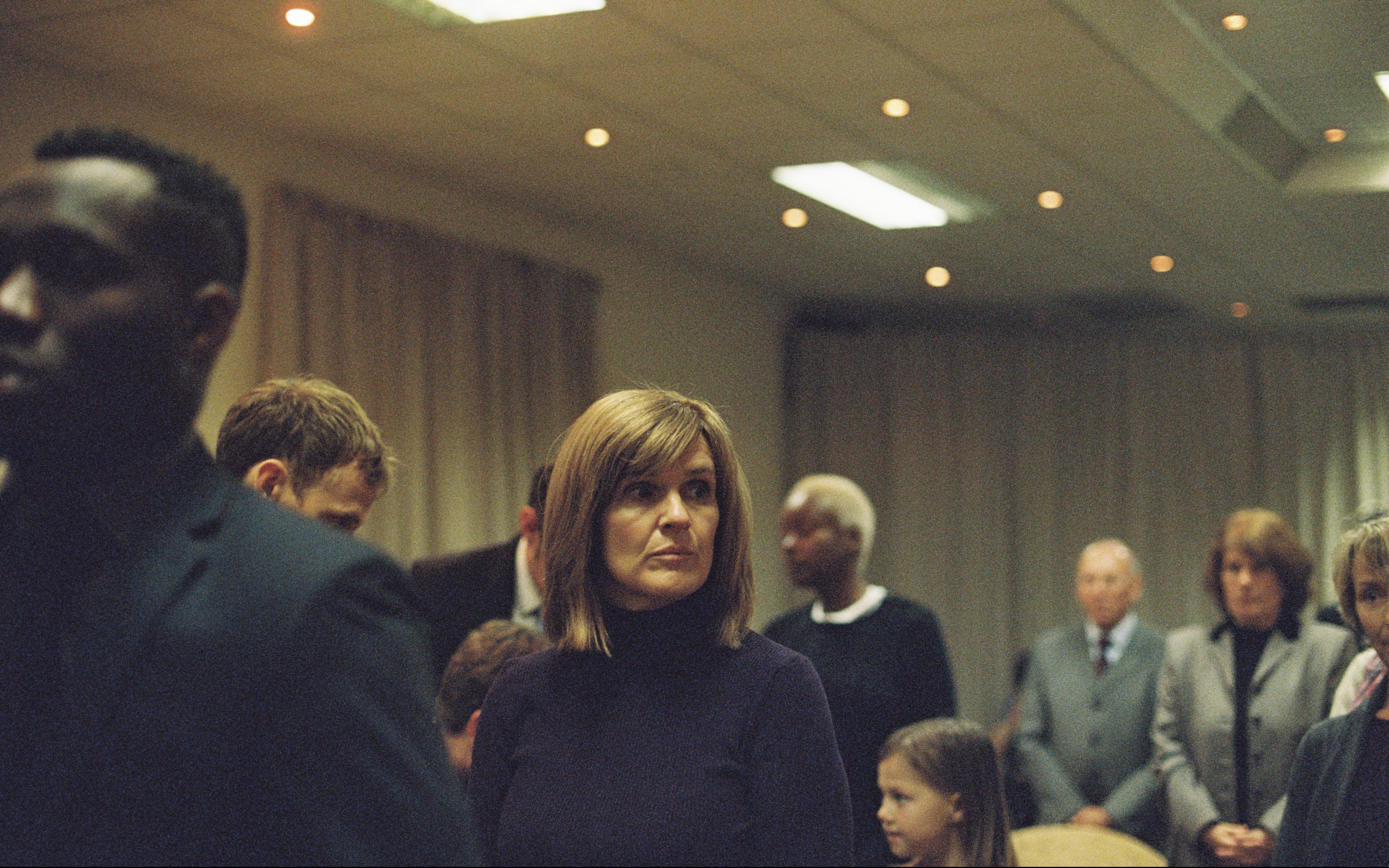
Indeed, the film draws much of its power from the tension between motherhood and maternal feeling, and the cold and calculating leadership of the group’s all-male Elders. It was an obvious subject given Kokotajlo’s upbringing, he explains, “My mother was the first one to join the religion, so I saw everything through her journey. She brought through all my aunties and my cousins who are all Witnesses and all women as well. I experienced a lot of what was going on in the church through my family. I started to notice the way the women were being treated and I didn’t really agree with it.”
Apostasy is particularly effective in charting the mental deterioration of Ivanna, as she is beset by tragedy and separated from her children by the rules of the church. One scene sees an Elder preaching to a congregation with a sermon that amounts to little more than a thinly veiled attack on Ivanna’s family. Unable to bear it, she seeks refuge in the women’s toilets, only for the words to follow her, piped into the stall by a wall-mounted speaker. It’s one of a few moments that almost verge into the territory of psychological horror. “People have tried to tell stories about the Witnesses and bring some comedy to it, but I never felt there was much comedy there,” Kokotajlo tells us.
Arguably the film’s biggest achievement is in the ways it articulates each character’s point of view. Coming to the film as an outsider, we are never left perplexed by anybody actions, even as we might be left horrified by the system that dictates those actions. For Kokotajlo, even the church leadership are “honest blue collar workers who by night become Elders. They’re not aware of what they’re doing, they’re not aware of the misogyny, they’re just trying to do the best by the rules that are handed down by the organisation.” As for what kept him, and keeps others in the organisation? “There’s always a carrot dangling, which is that the end of the world could come at any moment and you want to be at the right place at the right time. You don’t want to disappoint Jesus when he returns.”
